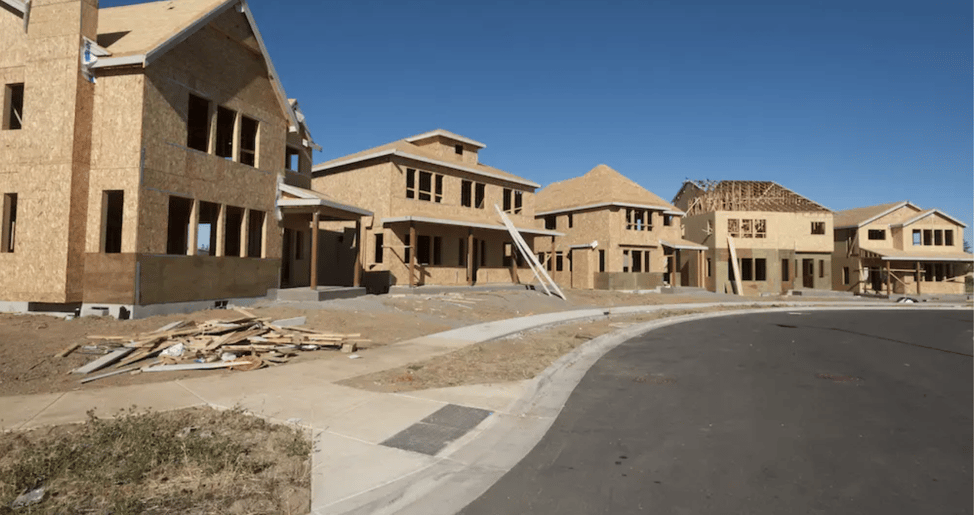Fixed Mortgage Rates Continue To Increase: What's Going On?
In recent times, Canada has witnessed a steady increase in fixed mortgage rates, closely following the surge in Canada Bond Yields. This rise in rates is expected to impact popular mortgage terms like the 3-Year Fixed, which may now reach the 6% range, making it challenging to qualify with an 8% mortgage rate in provinces like BC and Ontario. With the average house price hovering around $1 million, obtaining a mortgage has become increasingly difficult.
You may wonder what is causing this upward trend in mortgage rates. While I'm not an expert in Canada Bonds, one plausible reason could be the remarkable jobs numbers in the United States. Bond trading, in essence, is a speculation on the future of interest rates. The strong jobs data suggests that the Federal Reserve may keep interest rates higher for an extended period. As a result, the anticipated 25 basis points increase in the Bank of Canada's rate announcement next week has already influenced bond yields, keeping fixed mortgage rates at these elevated levels.
Unfortunately, these high mortgage rates pose a challenge to the Canadian housing market. With lower affordability, home sales are likely to decline, potentially leading to a decrease in housing prices. Looking ahead, if the United States continues to report robust job numbers and the Federal Reserve maintains a hawkish stance, we can expect fixed mortgage rates to continue their upward trajectory.
Is The Bank Of Canada Contributing To Reduced New Housing Starts?
A significant concern in the Canadian real estate market is the adverse impact of Bank of Canada policies on new housing starts. Over the past 15 months, development financing rates have nearly tripled, with commercial bank prime rates rising from 2.45% to 6.95%, soon to reach 7.20%. This drastic increase poses a significant challenge for builders.
In provinces like Ontario and BC, the process of moving from initial plans to actual construction is a lengthy and costly endeavor. It takes years from acquiring land to the point where homebuyers can move in, and developers bear the burden of financing throughout the entire period. Even the billionaire developer families, who dominate these provinces, rely on financing, let alone the smaller builders.
The combination of soaring land prices, escalating building costs, and extensive approval timelines has created a harsh environment for new developments. Tripled financing costs have become a serious threat to the feasibility of these projects. In fact, the rising costs have made lenders more cautious, often leading to the rejection of development financing applications. Consequently, the number of housing starts is declining, exacerbating the situation.
Unfortunately, the outlook does not appear promising. The challenges faced by builders are only expected to worsen, further hampering the construction of new homes. It is crucial for policymakers and industry stakeholders to address these concerns in order to foster a vibrant and sustainable housing market.
In conclusion, the increase in fixed mortgage rates, influenced by Canada Bond Yields and the US job market, coupled with Bank of Canada policies impacting development financing, has posed significant challenges for the Canadian real estate market. Understanding these dynamics can help stakeholders make informed decisions and navigate the changing landscape of the industry.




